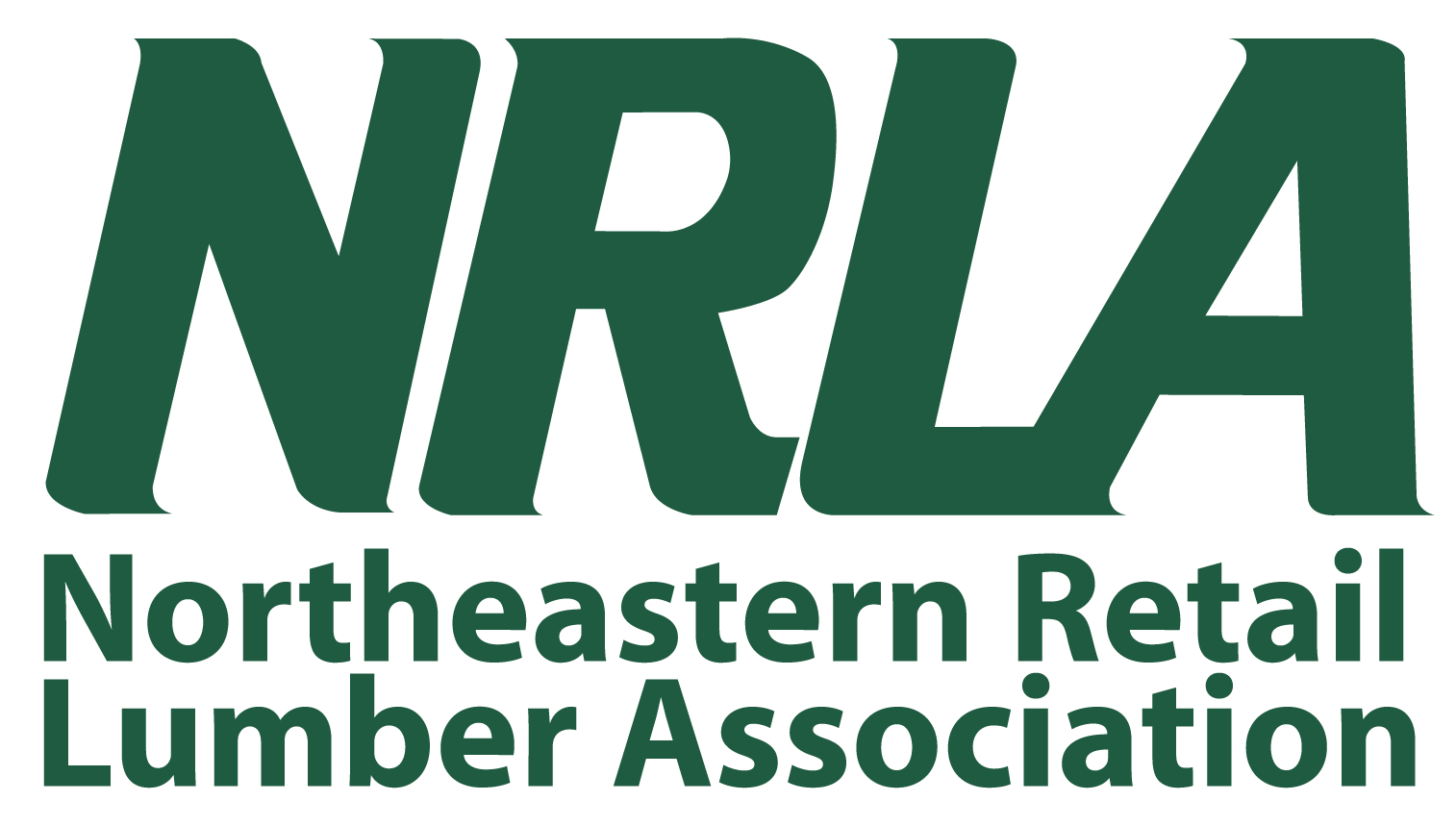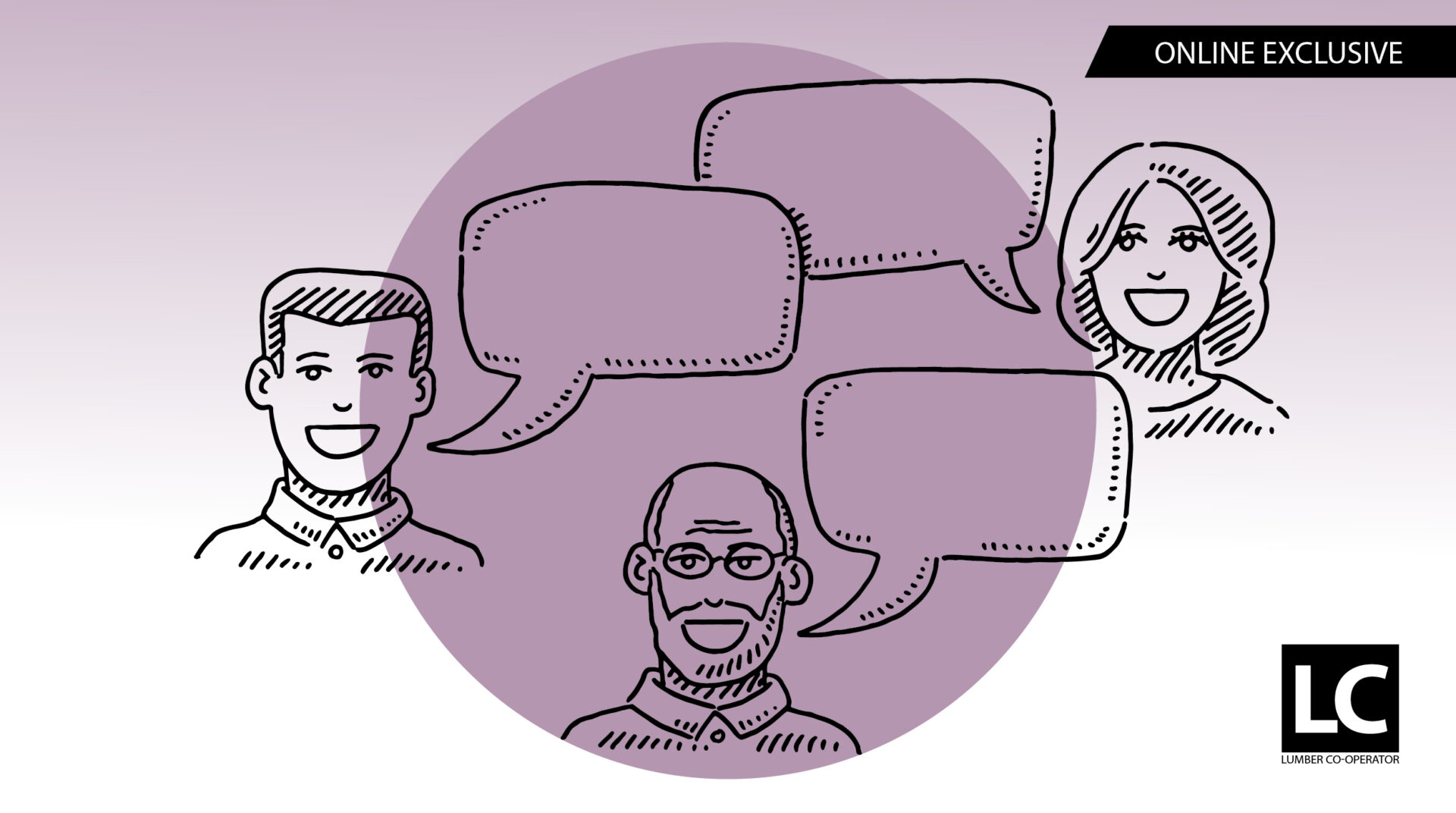The LBM industry has been a phenomenal place to make a career. The best things about this industry are the people and the relationships that are formed along the way. Throughout my time in the industry, I have learned how relationships can open doors and that the memories of past experiences are long. As a result, many salespeople at all levels of the LBM marketplace (manufacturer, distributor, and dealer) consider themselves to be “relationship” oriented or claim they practice “relationship selling.”
While relationships are very important in the LBM industry, too many salespeople make a critical error when it comes to their relationships, which has a negative impact on their sales performance. Often, salespeople fail to understand what founded their relationship and why their client is doing business with them.
For over two decades, I have interviewed hundreds of candidates for sales roles, traveled with salespeople in varying capacities of the LBM channel, and evaluated too many sales rep and customer relationships to count. It is amazing that so many salespeople actually believe the customer buys from them because they have a “great relationship,” they get along well with their customers, and their customers, quote-unquote, “like me.”
When the salesperson genuinely believes that the customer is buying from them because of their special relationship, the salesperson misunderstands and underestimates the actual value that they bring to the customer. This causes them to miss key steps in the sales process. Call it ignorance, arrogance, or even complacency; either way, the result is the same. The salesperson places their effort on being liked or preserving the relationship and coddling the customer to make them feel comfortable.
Often, the formation of the relationship is the result of the salesperson creating tangible value, solving a problem, or helping the customer reach their goals. Business is not typically the result of the relationship.
When the salesperson places their emphasis on “protecting” the relationship, their focus isn’t on assessing the customer’s needs and understanding where value can be realized or even created. When a salesperson truly makes a sale, they have helped the customer recognize the need to make a change. In other words, the customer sees their situation improving by making a specific purchase rather than choosing a different product or not making a purchase at all.
Once real value is identified by a salesperson in the eyes of the customer, they are gearing up to make a sale, and in turn, the customer will recognize that the salesperson “understands my business” and is here to help them, which will enrich the relationship.
If a salesperson views the relationship as the primary driver for the customer, they are often mistaken about why their customers are buying from them and are likely at risk of losing business or operating at lower margins. On the flip side, when a salesperson recognizes that their role is to understand the customer’s business and identify or extract value opportunities for the customer, they will effectively raise the value of their relationship in the customer’s eyes.
If your relationship gets the customer to answer your phone call or have a meeting with you, they probably recognize that you have brought them value in the past and they are looking to see how you can help them. However, if your relationship gets you the proverbial “last look” on a bid or a project, it is likely someone else has created value for your client and you are about to lose the business or lower your price.
So, here you are, a salesperson in the LBM industry. You have relationships that you value with your customers. Here’s a test: Can you list two or three key reasons that each of your customers is buying from you that have to do with value you have created, problems you have helped the customer solve, or how you are aiding the customer in moving toward their goals? If you can’t, your business with the customer might be at risk. Think back on why the customer started doing business with you in the first place. Clearly, they saw a reason to buy from you over someone else; are you still delivering this value?
Want to read the full May issue? Click here
About the author: Want more insights on how help your customers recognize your value? Or take your company’s performance to the next gear? Tom Zimmerman, principal of SHIFT Sales Training & Consulting, has helped many companies better position themselves as valued-added partners for their customers, which has resulted in increased revenues and customer loyalty.







